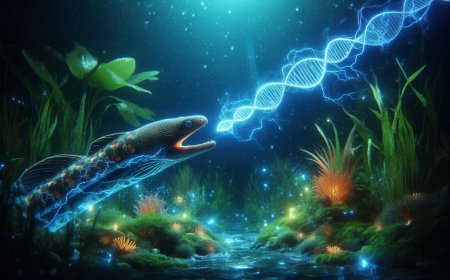The Allure of Willful Ignorance: Why Many Choose Not to Know
Explore the psychological allure of willful ignorance and why some individuals deliberately avoid knowledge. Discover the complex reasons behind the choice to remain uninformed.

When faced with moral choices, many people are choosing not to know the consequences of their actions. A recent study reveals that willful ignorance is becoming a common escape route, allowing individuals to act selfishly without confronting the repercussions. But why do so many turn a blind eye?
Choosing Ignorance: A Convenient Escape
The American Psychological Association found that a staggering 40% of individuals opt for ignorance when presented with moral dilemmas. The reason? To maintain the freedom to act in self-interest without the burden of guilt.
Linh Vu, a researcher from the University of Amsterdam, explains: “In everyday life, people often ignore the unethical origins of their purchases. It allows them to feel good about themselves without facing uncomfortable truths.” Vu’s research, which involved a meta-analysis of 22 studies and over 6,500 participants, uncovered just how common this behavior is.
The Experiment: Ignoring Consequences
In one scenario, participants were asked to choose between a $5 reward (which gave an anonymous person the same amount) and a $6 reward (which gave the anonymous person only $1). Some were fully informed about the consequences, while others could choose not to know. Astonishingly, 40% chose ignorance, opting to shield themselves from the moral implications of their decisions.
This trend of willful ignorance had a profound impact on generosity. Those who chose to know the consequences were 15.6% more likely to act altruistically than those who preferred to stay in the dark.
Preserving Self-Image: A Driving Force
The study suggests that choosing ignorance often stems from a desire to preserve a positive self-image. By avoiding knowledge of the consequences, individuals can maintain the illusion of being moral, even when their actions suggest otherwise.
Co-author Shaul Shalvi, a professor of behavioral ethics at the University of Amsterdam, elaborates: “People who actively seek to know the results of their actions are often motivated by societal pressure. While they may appear altruistic, their desire to maintain a favorable self-image or conform to social expectations often drives their behavior.”
Interestingly, those who sought out the consequences of their actions were 7% more likely to act generously than those who were simply given the information. This suggests that people who go out of their way to learn the impact of their decisions may be more genuinely altruistic.
The Global Implications of Willful Ignorance
Though these studies were conducted primarily in Western Europe and the U.S., the findings raise universal questions about human behavior. Why are we so inclined to avoid uncomfortable truths, and how does this behavior shape society?
The study hints that tackling willful ignorance could lead to more informed, ethical decision-making. However, as this phenomenon transcends borders, cultures, and industries, broader, more diverse research is needed to fully understand its implications.
Conclusion: A Path to Awareness
As we navigate an increasingly interconnected world, where our choices often have far-reaching impacts, it’s crucial to recognize the temptation of willful ignorance. While it may offer temporary comfort, turning a blind eye to the consequences of our actions prevents us from fostering a more compassionate and just society.
So, next time you're faced with a moral choice, consider asking yourself: Do I really want to know the impact of my actions? The answer could shape not only your decisions but the world around you.
What's Your Reaction?






































































































